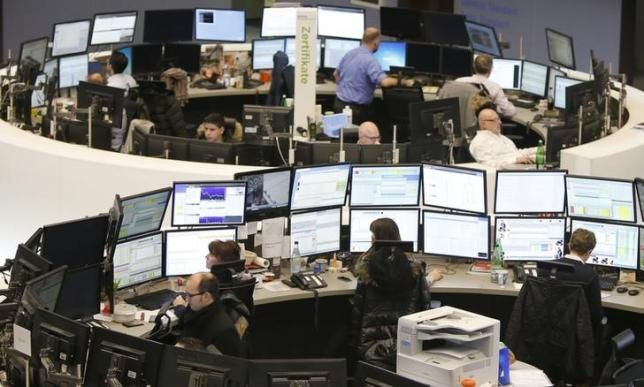Hormones Can Make Traders Take Financial Risks: Study

Financial traders, especially the young male ones, who work in the financial markets tend to take financial risks, and researchers say high levels of testosterone in such males are a big part of the reason why. The results of their research, which also suggests that testosterone may have contributed to the Great Recession, have been published in the journal Scientific Reports.
The Imperial College London researchers further claim that the exaggerated levels of testosterone and cortisol in young males makes them more prone to defeat, since risky decisions may sometimes even lead to severe financial crashes.
Researcher Ed Roberts says that financial market trading is primarily dominated by young males. The research team wanted to see if the higher testosterone group of young competitive males performed as rationally as the mixed group of males.
Therefore, during the study, the researchers administered either a placebo, testosterone or cortisol to a group of young males. The group was then asked to make a set of simulated investment decisions.
The study team found that those who were given testosterone were at the edge of believing that they were on a winning streak, while those who were administered cortisol took riskier decisions. The researchers believe that the feeling of being at the winning edge pushes traders to "irrational exuberance," which may even result in a crash, reports the Tech Times.
"We found that both cortisol and testosterone shifted investment towards riskier assets. Cortisol appears to affect risk preferences directly, whereas testosterone operates by inducing increased optimism about future price changes," concluded the researchers.
"Our results suggest that changes in both cortisol and testosterone could play a destabilizing role in financial markets through increased risk taking behavior, acting via different behavioral pathways."
© Copyright IBTimes 2024. All rights reserved.





















